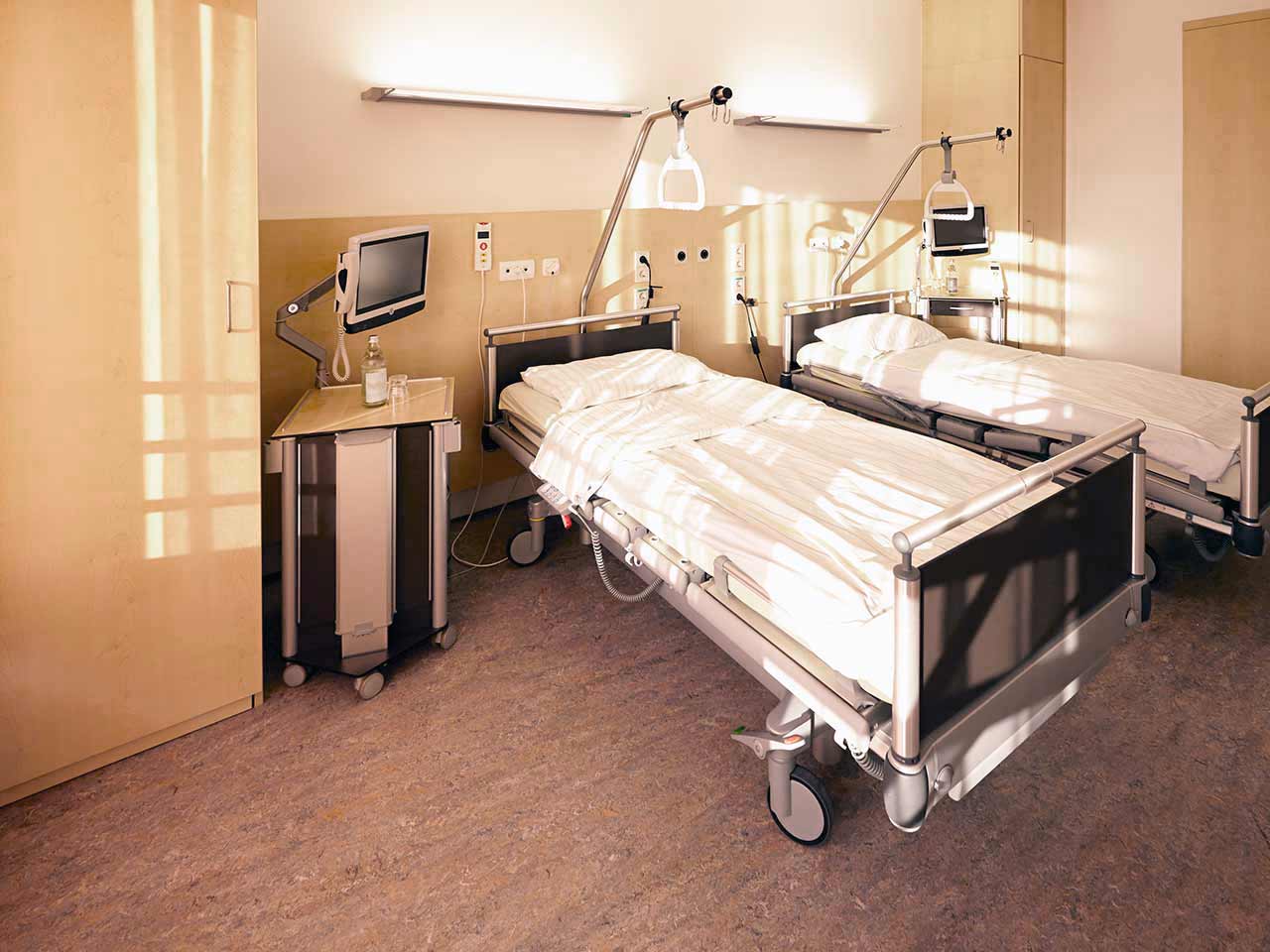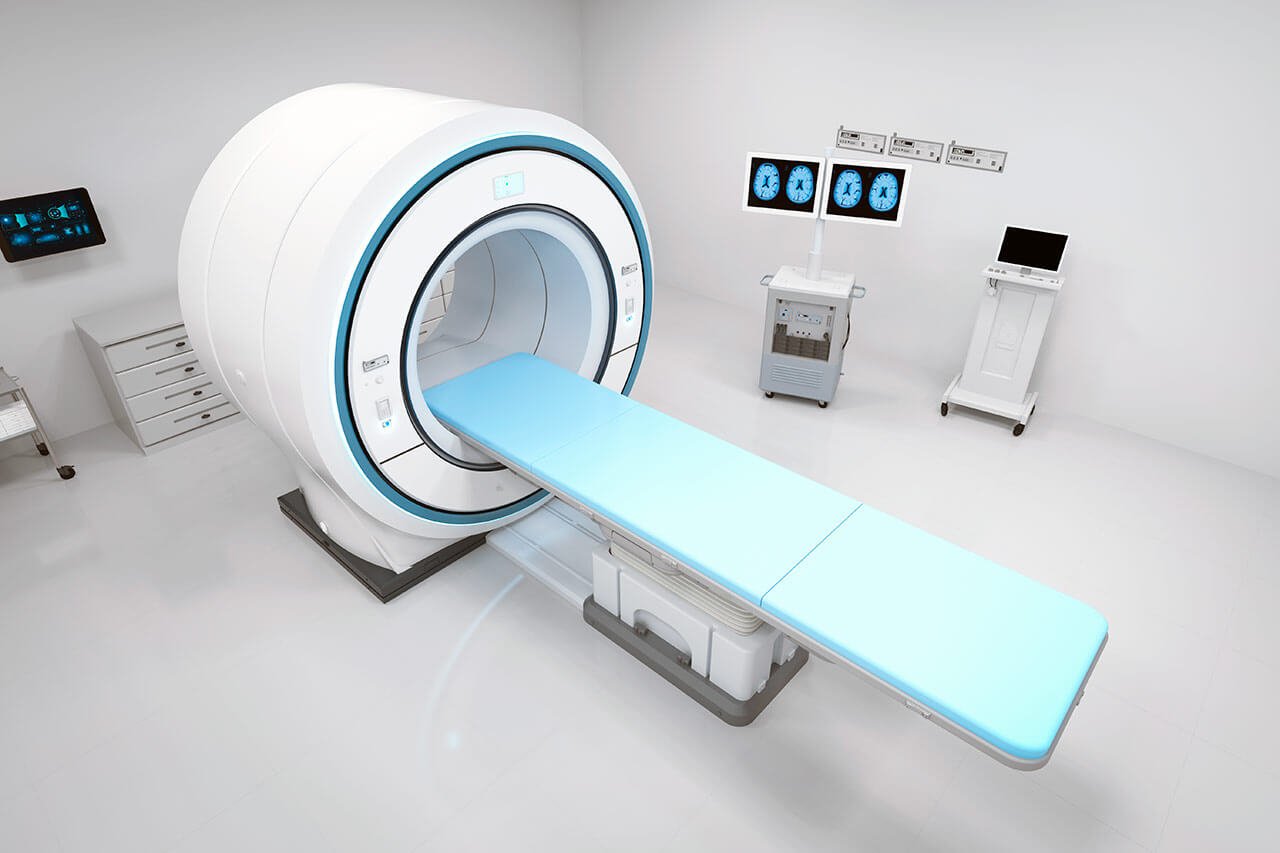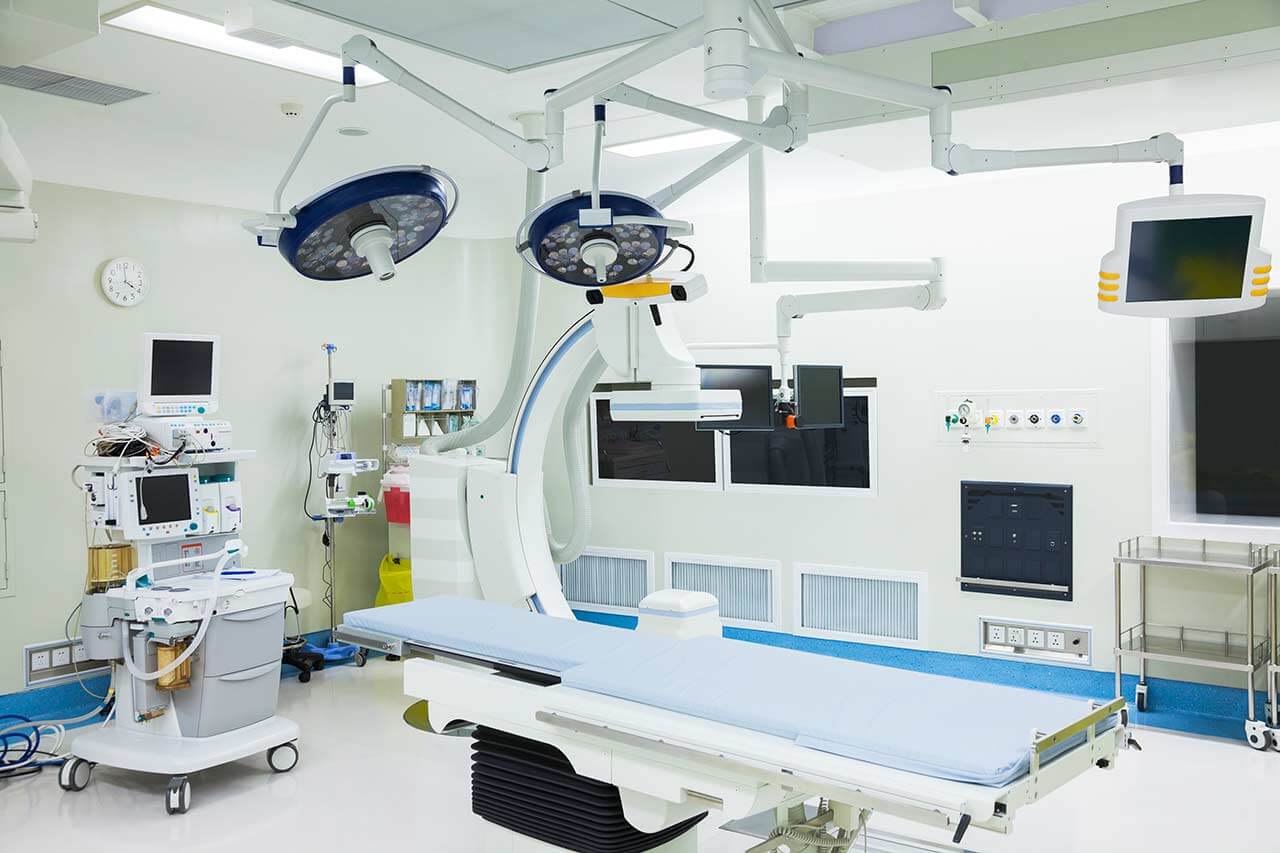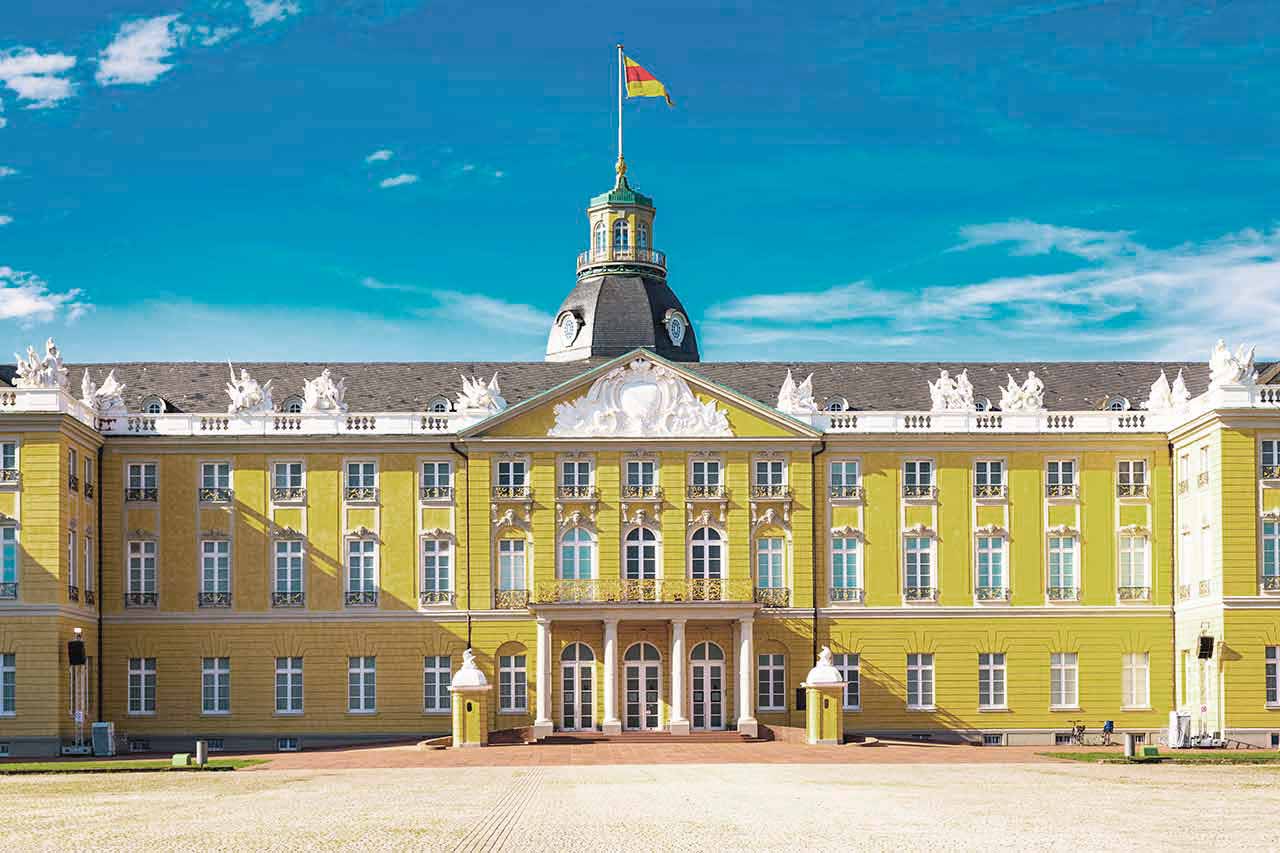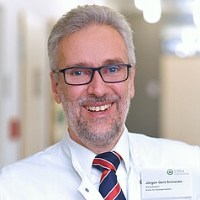
About the Department of Nuclear Medicine at ViDia Hospital Karlsruhe
The Department of Nuclear Medicine at the ViDia Hospital Karlsruhe provides the full range of medical services in the area of its specialization. Patients can undergo diagnostic tests using radiopharmaceuticals and radionuclide therapy here. The department is equipped with advanced gamma cameras and other systems, which play an important role in providing high-quality service in this medical field. Of particular interest to the department's team of doctors are thyroid scintigraphy, skeletal bone scintigraphy, and myocardial perfusion scintigraphy. The department also frequently performs radionuclide tests of the kidneys, gastrointestinal tract, brain, and other organs. The most demanded treatment method in the department is radioiodine therapy for benign and malignant thyroid diseases. The department's specialists also treat inflammatory joint diseases using radiosynoviorthesis, pain management for bone metastases, and radioisotope therapy for malignant tumors (for example, in the abdominal cavity and lungs). The medical facility strictly meets radiation protection standards, so patients can be sure that they will receive not only effective but also the safest possible treatment. Prior to each procedure, the patient receives detailed recommendations from the attending physician regarding preparation for the examination or therapy. The department is headed by Dr. med. Jürgen Schneider.
The department performs thyroid scintigraphy almost every day. This examination is the only method by which doctors can assess the functional activity of thyroid nodules. Based on the scintigraphy results, the specialists can clearly see "hot" and "cold" nodules: the first ones actively accumulate radioactive iodine, indicating high hormonal activity, while the second ones do not accumulate radioactive iodine at all or demonstrate minimal isotopic accumulation. One of the main causes of the formation of "hot" nodules in the thyroid gland is an autoimmune process that stimulates the production of thyroid hormones. "Cold" nodules may indicate the presence of a cyst, an inflammatory process, or even a malignant tumor. The thyroid scintigraphy procedure begins with an intravenous injection of radioactive iodine, after which a gamma camera image is taken 15-20 minutes later. The patient lies on the examination table of the device during the imaging process, which takes no more than 5 minutes.
Another popular diagnostic method is bone scintigraphy (osteoscintigraphy). This examination is often performed to detect bone metastases in patients with cancer, particularly in cases of prostate cancer in men and breast cancer in women. The essence of the diagnostic method is identical to thyroid scintigraphy: a radioactive agent is injected intravenously, selectively accumulating in areas with increased metabolism. The more active the tissues, the more substance they accumulate. After the administration of the radioisotope, the patient remains in a shielded room for 2-3 hours, as it takes time for the substance to accumulate in the bone system. Subsequently, the doctors take images with a gamma camera. This takes no more than 30 minutes. Osteoscintigraphy allows for the detection of metastatic foci in the early stages, when they respond well to treatment. Another advantage of bone scintigraphy is that the method allows the doctors to perform a single-stage examination of the entire skeleton.
As for the treatment, a special focus in this field is the use of radioiodine therapy for treating benign and malignant thyroid diseases. For example, the department's doctors often admit patients with hyperthyroidism, in which radioiodine therapy is an alternative to surgery in many cases. During treatment, the patient takes a capsule with radioactive iodine. The dose of the drug is individually determined based on the results of thyroid scintigraphy. Once in the body, the radiopharmaceutical agent reaches the thyroid gland through the bloodstream and accumulates in malignant cells without any negative effect on healthy cells. Radioiodine therapy is carried out on an inpatient basis in a special room with observance of radiation protection requirements.
The doctors at the medical facility also successfully perform radiosynoviorthesis for chronic inflammatory joint diseases. With the use of an intra-articular injection of a radionuclide agent, the inflamed synovial membrane is irradiated, as a result of which its superficially hypertrophied layers are destroyed. The irradiation is completely limited to the synovial membrane area, as the radionuclides used emit radiation with a maximum range of a few millimeters. The radiosynoviorthesis procedure is performed on an outpatient basis and can be repeated if necessary. Local anesthesia is administered for the patient's maximum comfort. After the injection, the joint is immobilized with a special splint because it needs to remain immobile for the following 48 hours to achieve the best therapeutic effect.
The department's range of medical services includes:
- Diagnostics
- Thyroid scintigraphy
- Bone scintigraphy
- Kidney scintigraphy
- Gastrointestinal scintigraphy
- Brain scintigraphy
- Myocardial perfusion scintigraphy
- Treatment
- Radioiodine therapy for benign and malignant thyroid diseases
- Radiosinoviorthesis for chronic inflammatory joint lesions
- Pain management for cancer and bone metastases
- Radionuclide therapy for malignant tumors of the lungs, gastrointestinal tract, prostate gland, and other cancers
- Other diagnostic and treatment methods
Photo of the doctor: (c) ViDia Kliniken Karlsruhe
